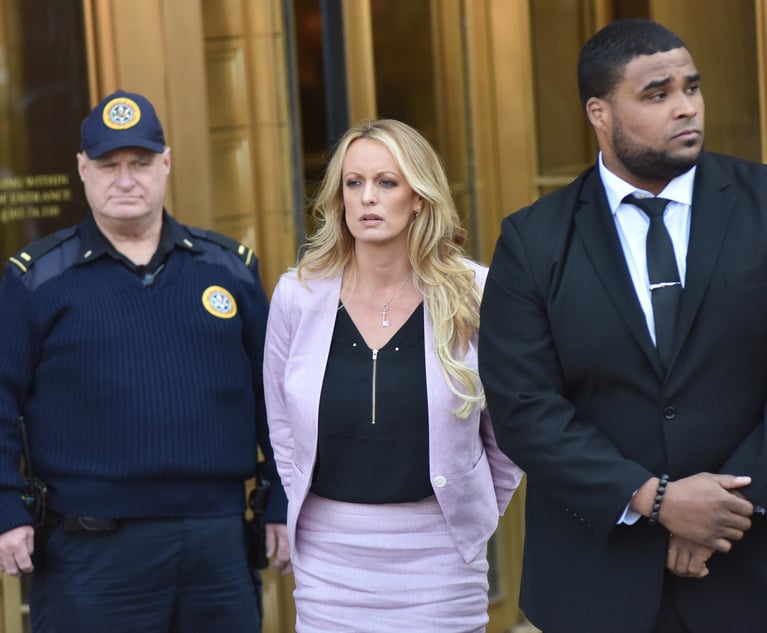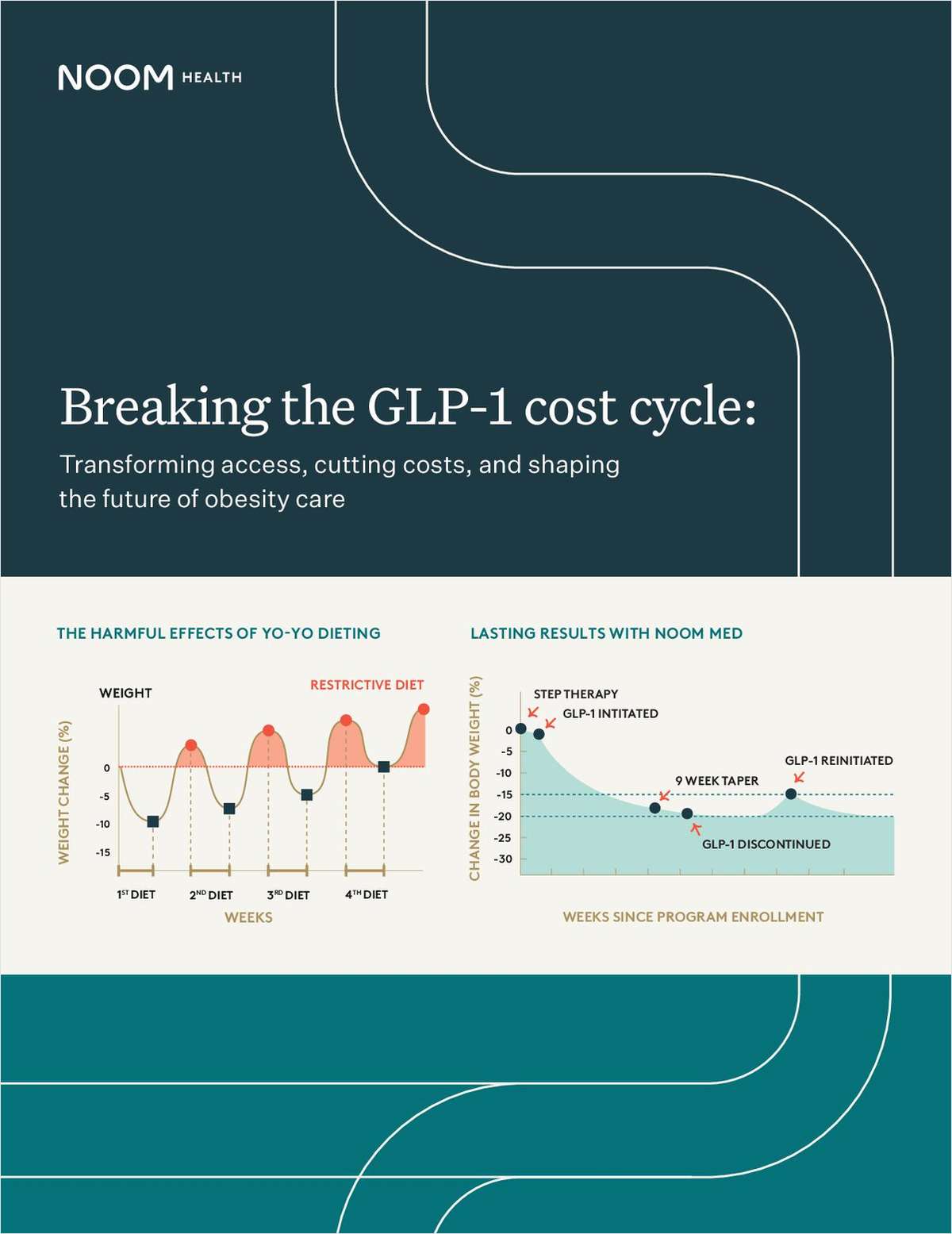An Overly Broad Interpretation of the Rule of Confidentiality
Most lawyers believe that if they file a document in court or with a public agency the Rules of Professional Conduct (“the Rules”) do not prohibit…
August 10, 2018 at 10:56 AM
4 minute read
 Most lawyers believe that if they file a document in court or with a public agency the Rules of Professional Conduct (“the Rules”) do not prohibit them from speaking about the information in the document to anyone. Most lawyers believe that what is said in open court can be discussed by a lawyer with anyone. Most lawyers believe that there is a public records exception to the rule of confidentiality that is set forth in Rule 1.6.
Most lawyers believe that if they file a document in court or with a public agency the Rules of Professional Conduct (“the Rules”) do not prohibit them from speaking about the information in the document to anyone. Most lawyers believe that what is said in open court can be discussed by a lawyer with anyone. Most lawyers believe that there is a public records exception to the rule of confidentiality that is set forth in Rule 1.6.
Most lawyers would be wrong holding such beliefs, according to the American Bar Association's Standing Committee on Ethics and Professional Responsibility (“the Committee”).
Rule 1.6 provides that any information “relating to the representation of the client” shall be confidential. Rule 1.6 casts a broad net and few understand its breadth. It covers even the identity of a client. On March 6, 2018, in Formal Opinion 480, entitled “Confidentiality Obligations for Lawyer Blogging and Other Public Commentary,” the Committee interpreted Rule 1.6 to include no public records exception. In fact, this is the second time the Committee has observed that there is no public records exception to the duty of confidentiality.
In Formal Opinion 479, the Committee had noted that “information is not generally known merely because it is publically available or might qualify as a public record or as a matter of public record.” In Formal Opinion 480, the Committee unequivocally concludes that “the duty of confidentiality extends generally to information related to the representation whatever its source and without regard to the fact that others may be aware of or have access to such knowledge.”
We believe the Committee's interpretation of Rule 1.6 is too broad in recognizing no exceptions for matters of public record. As the Preamble to the Rules explain, the Rules are supposed to be rules of reason, meaning, they are to be practical; they should be imbued with common sense. The Committee's interpretation of Rule 1.6 does not recognize that Rule 1.6 is a rule of reason.
Moreover, Rule 1.6 provides that “[a] lawyer shall not reveal information relating to the representation of a client.” (Emphasis added.) There may be circumstances, for instance, where knowledge of a matter is so well known that the disclosure of facts regarding the matter is a revelation to hardly anyone. That would apply to scores of high profile cases where the public has been well informed about the case and the attorneys involved in the case. Formal Opinion 480 does acknowledge that its interpretation has First Amendment implications, but does not explain what those implications are. Nor does it weigh an individual's right to confidentiality with the public's right to know and be informed about court proceedings and decisions.
Finally, the opinion does not recognize how damaging its censure could potentially be to clients. In this fast pace age where almost anything can go viral instantly, gone are the days when most lawyers representing clients in pending cases should comment “no comment” to reporters when asked about a pending case. Without violating any court order or improperly influencing a tribunal, it is often necessary for a lawyer to advocate for a client when inquiries are made by the press. A “no comment” comment often is construed as weak, and worse, as an admission. Some experts have opined that in today's world to make a “no comment” comment is to commit legal malpractice. Yes, in an ideal world the lawyer could and should get or have gotten the client's consent. But we do not practice in an ideal world, but one in which rules of reason govern our conduct.
This content has been archived. It is available through our partners, LexisNexis® and Bloomberg Law.
To view this content, please continue to their sites.
Not a Lexis Subscriber?
Subscribe Now
Not a Bloomberg Law Subscriber?
Subscribe Now
NOT FOR REPRINT
© 2025 ALM Global, LLC, All Rights Reserved. Request academic re-use from www.copyright.com. All other uses, submit a request to [email protected]. For more information visit Asset & Logo Licensing.
You Might Like
View All
The Stormy Daniels 'Hush Money' Trial: Donald Trump Should Be Very Worried
7 minute read
Shining a Light on Opposing Hate: The Palestinian Protesters Who Defended New Haven's Menorah
6 minute readTrending Stories
- 1Ex-Kline & Specter Associate Drops Lawsuit Against the Firm
- 2Am Law 100 Lateral Partner Hiring Rose in 2024: Report
- 3The Importance of Federal Rule of Evidence 502 and Its Impact on Privilege
- 4What’s at Stake in Supreme Court Case Over Religious Charter School?
- 5People in the News—Jan. 30, 2025—Rubin Glickman, Goldberg Segalla
Who Got The Work
J. Brugh Lower of Gibbons has entered an appearance for industrial equipment supplier Devco Corporation in a pending trademark infringement lawsuit. The suit, accusing the defendant of selling knock-off Graco products, was filed Dec. 18 in New Jersey District Court by Rivkin Radler on behalf of Graco Inc. and Graco Minnesota. The case, assigned to U.S. District Judge Zahid N. Quraishi, is 3:24-cv-11294, Graco Inc. et al v. Devco Corporation.
Who Got The Work
Rebecca Maller-Stein and Kent A. Yalowitz of Arnold & Porter Kaye Scholer have entered their appearances for Hanaco Venture Capital and its executives, Lior Prosor and David Frankel, in a pending securities lawsuit. The action, filed on Dec. 24 in New York Southern District Court by Zell, Aron & Co. on behalf of Goldeneye Advisors, accuses the defendants of negligently and fraudulently managing the plaintiff's $1 million investment. The case, assigned to U.S. District Judge Vernon S. Broderick, is 1:24-cv-09918, Goldeneye Advisors, LLC v. Hanaco Venture Capital, Ltd. et al.
Who Got The Work
Attorneys from A&O Shearman has stepped in as defense counsel for Toronto-Dominion Bank and other defendants in a pending securities class action. The suit, filed Dec. 11 in New York Southern District Court by Bleichmar Fonti & Auld, accuses the defendants of concealing the bank's 'pervasive' deficiencies in regards to its compliance with the Bank Secrecy Act and the quality of its anti-money laundering controls. The case, assigned to U.S. District Judge Arun Subramanian, is 1:24-cv-09445, Gonzalez v. The Toronto-Dominion Bank et al.
Who Got The Work
Crown Castle International, a Pennsylvania company providing shared communications infrastructure, has turned to Luke D. Wolf of Gordon Rees Scully Mansukhani to fend off a pending breach-of-contract lawsuit. The court action, filed Nov. 25 in Michigan Eastern District Court by Hooper Hathaway PC on behalf of The Town Residences LLC, accuses Crown Castle of failing to transfer approximately $30,000 in utility payments from T-Mobile in breach of a roof-top lease and assignment agreement. The case, assigned to U.S. District Judge Susan K. Declercq, is 2:24-cv-13131, The Town Residences LLC v. T-Mobile US, Inc. et al.
Who Got The Work
Wilfred P. Coronato and Daniel M. Schwartz of McCarter & English have stepped in as defense counsel to Electrolux Home Products Inc. in a pending product liability lawsuit. The court action, filed Nov. 26 in New York Eastern District Court by Poulos Lopiccolo PC and Nagel Rice LLP on behalf of David Stern, alleges that the defendant's refrigerators’ drawers and shelving repeatedly break and fall apart within months after purchase. The case, assigned to U.S. District Judge Joan M. Azrack, is 2:24-cv-08204, Stern v. Electrolux Home Products, Inc.
Featured Firms
Law Offices of Gary Martin Hays & Associates, P.C.
(470) 294-1674
Law Offices of Mark E. Salomone
(857) 444-6468
Smith & Hassler
(713) 739-1250












